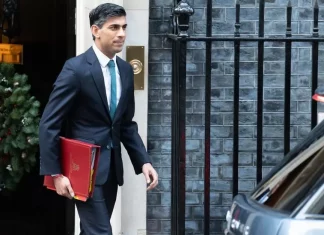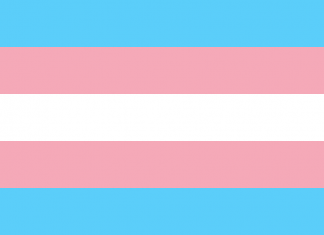Last year I outlined my unease at the prospect of a TTIP agreement, simplistically a trade bloc deal between America and the EU. The concept was unpopular with many but, as I wrote at the time, probably not for the right reasons. There is much misunderstanding about international trade, not surprisingly if you realise most politicians, bureaucrats and journalists have no experience of it. Sadly, an experience of business is not a prerequisite for a career in politics, much less the civil service. This is a universal problem, so international trade deals usually end up with more detrimental than positive effects. To understand the implications of trade deals it is necessary to return to first principles.
Why Have A Trade Deal?
Countries don’t trade with each other; this is the root of the misunderstanding. People trade, companies trade, not countries. Multinational corporations understand this only too well. International trade agreements are in their interests. They are rich and powerful, their lobbying ability and high-level political connections allow them to cut deals behind closed doors, and keep smaller companies out. It was no surprise that the U.S./EU negotiations were held in camera. How does this work? Understand that trade deals are not driven by ideological commitments to free trade for the good of mankind. They are simply there to increase political power for some and make money for others. An EU/US trade block would manifest itself in a complex network of regulatory and tax arbitrage. Its design is specifically drawn to keep other trade blocks at bay, in addition, where possible, to squeeze out competition from within the block from smaller companies which cannot comply with regulatory enforcement protocols. Trade blocks are an unholy alliance of politics and big business. In the old days, it was called mercantilism, supreme historical examples are the Hudson Bay Company and the East India Company. It goes by another name today, crony capitalism, but the principles are the same.
Who Benefits?
Who gains from trade agreements? I would switch the question, who is disadvantaged by them? Certainly the consumer. Let us assume TTIP had gone ahead, this would have advantaged those participating in the deal. But, by its very nature then disadvantaged those not in the deal by implicit tariff protection or sometimes subtle regulatory arbitrage.
Rice, cotton, cut flowers, fruit, fish, products of third world countries are kept out by default. So, more expensive products are advantaged by the block, the consumer suffers. Initially a trade deal looks good, the consumer expects a wider choice, but in reality, the choice has been curtailed.
How much better for the consumer is global free trade? No tariffs, no protection for inflated consumer prices. Let the market hold sway, give the customer total control in a free market.
Buy your cotton towels from Egypt, hardwood furniture from Vietnam, rice from Thailand, manufactured goods from China, cut flowers for Mother’s Day from Kenya, exotic fruit from Tanzania. Let people trade cut out the politicians, bureaucrats, lobbyists and monolith corporations.
What Went Wrong?
This long term TTIP negotiation procedure has failed, not through any political commitment to the electorates of those involved, but fear of a post BREXIT backlash. Deeply rooted unrest is obvious to any observer, TTIP was more potential fuel to the fire.
Another reason is the European protectionist lobby and their counterparties in America got cold feet, it could have proved too big for even them to control.






